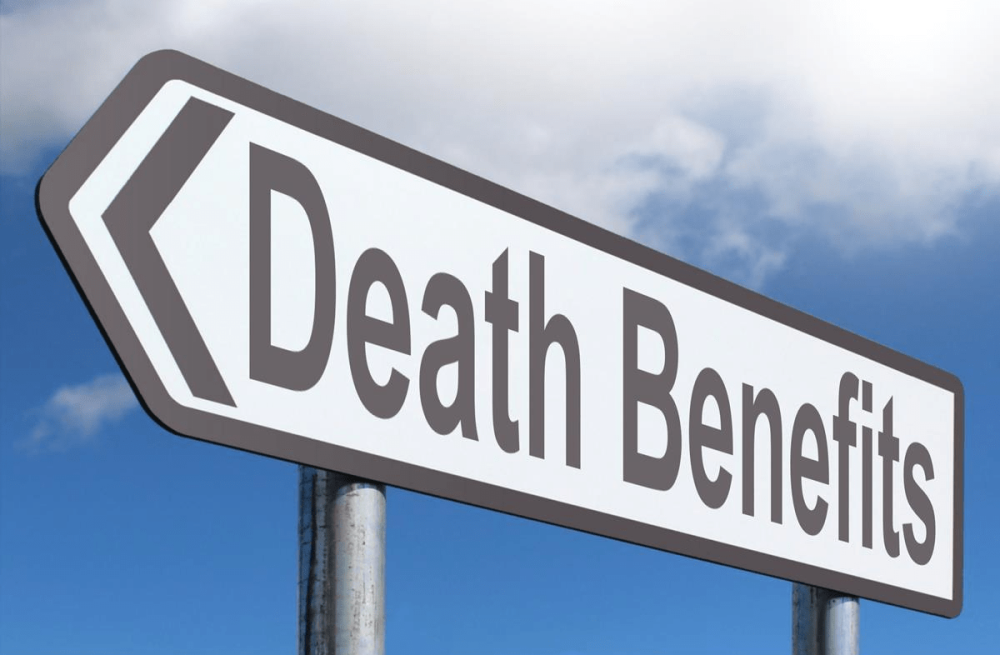Getting New Jersey Workers’ Compensation from losing a family member to a work-related accident is something we hope we never have to encounter. In the event that a family member, particularly a spouse or parent, dies in New Jersey due to a work-related accident or illness, there are benefits available for the the deceased’s dependents.
What are Workers’ Compensation Death Benefits?
Death benefits exist as monetary compensation to dependents of those who have passed away due to a work-related accident or illness. They function as a way to care for the deceased’s dependents after they are gone. In order for death benefits to be applied, the cause of death must have been an accident or illness that arose out of the course of employment. Each state has its own worker’s compensation system that determines how this is implemented, including New Jersey.
It should be noted that the deceased does not have to die on the job in order for their dependents to qualify for death benefits. If they die months, even years later, due to something they were exposed to while working, this could still qualify. Similarly, if work conditions aggravate a pre-existing condition that lead to death, death benefits may be available.
Who Qualifies for New Jersey Workers’ Compensation Death Benefits?
Dependents of the deceased will receive death benefits on behalf of their lost loved one. Spouses and children of the deceased under the age of 18 are automatically considered dependents. However, others may be considered dependents depending on the circumstances. This may include adopted children, parents and grandparents, or siblings. To qualify as a dependent, one must be fully dependent on the deceased individual for their necessities (food, clothes, housing, etc.). Additionally, a child may be considered a dependent up until the age of 23 if they are in school.
How Much Compensation Can Be Received?
The amount of compensation is determined by several factors. The first thing considered is the number of dependents. That number will determine what percentage of the worker’s wage will be given to the dependents. If there is a single dependent, they will receive 50% of the worker’s wage. For each additional dependent, 5% is added to that number. The maximum is 70% for five or more dependents.
This amount is paid for 450 weeks as temporary disability. After this period of time, the payments may continue. However, if the spouse remarries, 100 weeks’ worth of compensation will be provided, but then the benefits will end. A child may be paid these benefits until the age of 18, or until the age of 23 if they are a full-time student. Additionally, if the child is mentally or physically disabled, they may be qualified for continued benefits after they turn 18.
In addition to these weekly benefits, the funeral and medical expenses may be covered. At the very least, a portion of the cost will be covered.
What About Partial Dependency?
One last thing to consider is the possibility of partial dependency. If someone was not entirely dependent on the deceased for all necessities, they may still be eligible for a portion of the benefits. This is made possible if they can prove that the deceased financially provided for a portion of their necessities. This amount will be calculated and distributed to the partial dependent.
NJ Workers’ Compensation death benefits ensure that when a tragedy takes place due to a work-related injury or illness, the family and dependents of the deceased are financially provided for. If you have further questions about death benefits or worker’s compensation, please contact Ward, Shindle & Hall.

